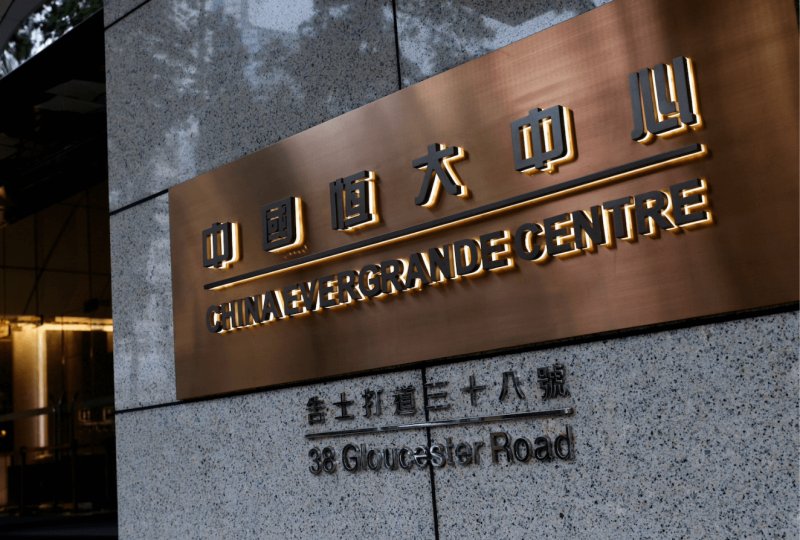China Evergrande Averts Default Again but Debt Woes Mount
Nov 11, 2021

For the third time in less than a month, the world's most indebted property developer, China Evergrande Group, avoided a disruptive default at the last minute, according to a source on Thursday who said many bondholders had received missed coupon payments.
In recent weeks, the cash-strapped developer has stumbled from deadline to deadline as it deals with more than $300 billion in obligations, $19 billion of which are foreign market bonds.
Several investors have received interest payments from the three bond tranches that had a total of more than $148 million due last month, according to Chinese media source Cailianshe.
The payments were paid at the conclusion of a 30-day grace period that concluded on Wednesday, as did two additional offshore coupon payments that were due in late September and had grace periods that ended late last month.
Failure to pay would have resulted in the company's official default and triggered cross-default clauses for other Evergrande dollar notes, aggravating the world's second-largest economy's debt crisis, which has unsettled global markets.
"The short-term fix appears to be working, but there's still a long way to go until this problem is resolved. It is still early in the game "said a source familiar with the situation, alluding to Evergrande and refused to be identified since he did not have permission to speak to the media.
Evergrande is at the heart of a growing liquidity crunch in China's $5 trillion real estate market.
Despite the fact that the developer avoided default once more, the property sector's difficulties showed no signs of abating, with a mountain of debt due.
Evergrande has a total of $255 million in coupon payments due on December 28. It is being pressured by its domestic creditors, and a suffocating financial crunch has put a pall over hundreds of its residential projects.
Investors' attention is now turning to other cash-strapped companies, such as Kaisa Group, who have a slew of offshore payments due in the near future.
After Evergrande, Kaisa has the largest offshore debt of any Chinese developer, and last week asked for aid from creditors. It has about $59 million in coupon payments due on Thursday and Friday.
Kaisa, which made history in 2015 when it became China's first property business to default on an international bond, has already missed payments on several wealth management products at home.
Hard landing
While the Federal Reserve of the United States (Fed) cautioned this week that China's problematic property industry poses a worldwide concern, there were no strong signals that Beijing will intervene with a larger, national strategy to address the problem.
However, Chinese officials have moved to reassure investors and homeowners in recent weeks, claiming that risks are manageable and that excessive credit restriction by banks is being addressed.
In recent weeks, regulators and government think tanks have met with developers, and the market is anticipating some softening in loan and housing laws to avoid a harsh landing for the sector.
These expectations, along with Evergrande's payment, spurred a relief rally in Chinese property stocks, with an index of real estate A-shares rising over 8% and Hong Kong's Hang Seng Mainland Properties Index rising more than 3%.
At lunchtime, Evergrande's Hong Kong-listed shares were up 5.5 percent.
Bond prices for Chinese developers, which have been battered hard in recent weeks, have climbed even higher.
According to statistics from Duration Finance, the price of China Aoyuan Group's 5.88 percent March 2027 bond increased by more than 30% on the day, despite trading at extremely distressed levels of approximately 36 cents in the dollar.
Bonds issued by Times China Holdings, Xinyuan Real Estate, Yuzhou Group Holdings, and Sunac China Holdings all saw a 10% increase.
An index of Asian high-yield bonds denominated in dollars increased by more than 1%, while Chinese high-yield corporate dollar spreads tightened from record highs.




